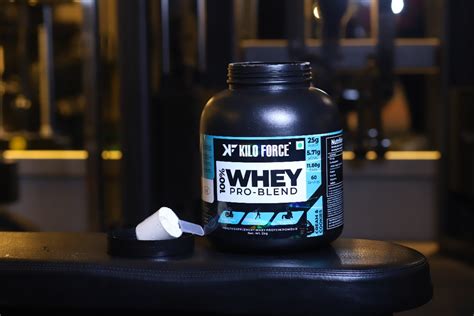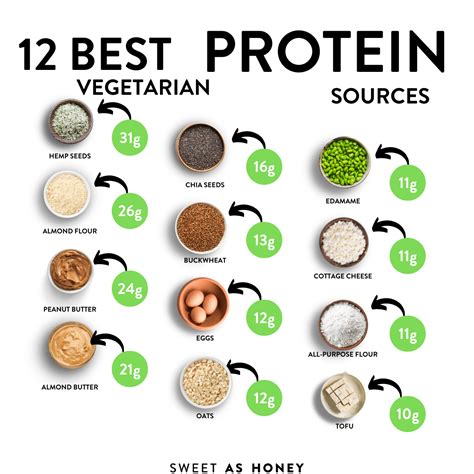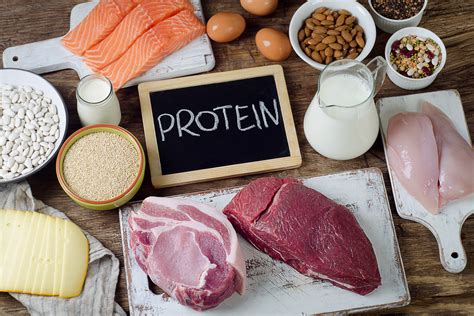How much daily protein for peak male muscle and recovery?

The Cornerstone of Male Muscle: Understanding Daily Protein Needs
For men dedicated to building muscle, enhancing strength, and accelerating recovery, protein isn’t just a nutrient—it’s the fundamental building block. While its importance is widely acknowledged, the precise amount needed for ‘peak’ results can often be a source of confusion. This article delves into the science-backed recommendations for daily protein intake tailored for men looking to optimize their physique and performance.

Why Protein Reigns Supreme for Muscle & Recovery
Protein is composed of amino acids, which are essential for countless bodily functions. When it comes to muscle, these amino acids are the raw materials used to repair muscle fibers damaged during exercise and to synthesize new muscle tissue, leading to growth (hypertrophy). Without adequate protein, the body struggles to recover effectively, potentially leading to stalled progress, increased soreness, and even muscle loss.
- Muscle Protein Synthesis (MPS): Protein intake directly stimulates MPS, the process by which new muscle proteins are created.
- Repair and Recovery: It helps repair microscopic tears in muscle tissue post-workout, reducing recovery time.
- Satiety: Protein is highly satiating, aiding in weight management by keeping hunger at bay.
- Overall Health: Beyond muscle, protein is vital for hormone production, enzyme function, and immune health.
Recommended Daily Protein Intake: The Numbers Game
The amount of protein a man needs varies significantly based on activity level, age, and fitness goals. General dietary guidelines often suggest a baseline, but active individuals require substantially more.
For Sedentary to Moderately Active Men:
A good starting point is around 0.8 grams of protein per kilogram of body weight (0.36 grams per pound). For example, a 70kg (154lb) man would need about 56 grams of protein per day. This is the Recommended Dietary Allowance (RDA) and is often considered the minimum to prevent deficiency, not to optimize muscle growth.
For Men Aiming for Muscle Growth & Enhanced Recovery:
Research consistently shows that men engaged in resistance training or other intense physical activities benefit from higher protein intakes. The consensus among sports nutritionists often falls within the range of 1.6 to 2.2 grams of protein per kilogram of body weight (0.7 to 1.0 grams per pound of body weight).
- Muscle Gain: Aim for 1.6-2.2 g/kg (0.7-1.0 g/lb).
- Fat Loss (while preserving muscle): Some studies suggest even higher, up to 2.3-3.1 g/kg (1.0-1.4 g/lb) of lean body mass, especially during a caloric deficit.
For a man weighing 80kg (176lbs) who trains regularly, this translates to roughly 128-176 grams of protein per day.

Factors Influencing Your Optimal Protein Intake
While general guidelines are helpful, individual needs can fluctuate based on several factors:
- Training Intensity & Volume: The harder and longer you train, the more muscle breakdown occurs, necessitating higher protein for repair.
- Age: Older adults may require slightly more protein due to anabolic resistance, a phenomenon where muscles become less responsive to protein over time.
- Body Composition Goals: If you’re in a caloric deficit to lose fat, higher protein intake can help preserve lean muscle mass. If you’re bulking, adequate protein ensures muscle growth over fat gain.
- Overall Diet: The presence of other macronutrients (carbohydrates and fats) can influence how protein is utilized.

Optimal Protein Timing and Distribution
It’s not just about the total amount; how you distribute your protein intake throughout the day also matters. Spreading protein across 3-5 meals, aiming for 20-40 grams per meal (depending on total daily needs), can maximize muscle protein synthesis. Consuming protein before and after workouts is also beneficial for recovery and growth.
Best Sources of Protein for Men
Prioritizing whole, unprocessed foods is always recommended. Here are excellent sources:
Animal-Based Proteins:
- Lean Meats: Chicken breast, turkey, lean beef, pork loin.
- Fish: Salmon, tuna, cod (rich in omega-3s too).
- Eggs: A complete protein, highly bioavailable.
- Dairy: Greek yogurt, cottage cheese, milk (casein and whey).
Plant-Based Proteins:
- Legumes: Lentils, chickpeas, black beans.
- Tofu & Tempeh: Versatile soy-based options.
- Quinoa: A complete protein grain.
- Nuts & Seeds: Almonds, walnuts, chia seeds, hemp seeds.
- Protein Powders: Whey, casein, soy, pea, or rice protein can be convenient supplements to meet daily targets.

Practical Tips for Hitting Your Protein Targets
- Start Early: Include protein with breakfast (e.g., eggs, Greek yogurt).
- Protein with Every Meal: Aim for a serving of protein in each main meal and snack.
- Smart Snacking: Opt for protein-rich snacks like hard-boiled eggs, cheese sticks, or a small handful of nuts.
- Pre/Post Workout: A protein shake or a meal with protein can be beneficial around your training sessions.
- Track It: Use a food tracking app for a few days to understand your current intake and identify areas for improvement.

Conclusion: Fueling Your Gains
Achieving peak muscle and optimal recovery as a man hinges significantly on consistent and adequate protein intake. While individual needs vary, aiming for 1.6-2.2 grams per kilogram of body weight is a robust target for those engaged in resistance training. By prioritizing high-quality protein sources, distributing intake strategically throughout the day, and considering individual factors, you can effectively fuel your body for superior performance, accelerated recovery, and impressive muscle growth.








